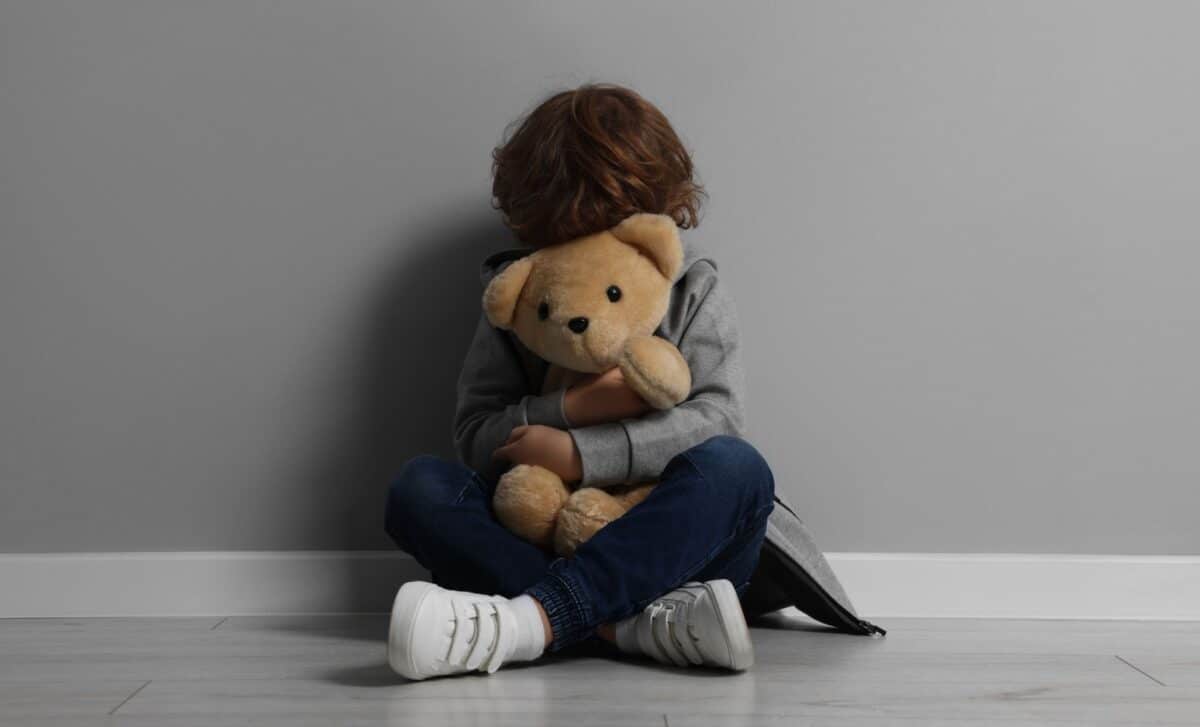The Royal College of Paediatrics and Child Health (RCPCH) supports an amendment to remove the legal defence of “reasonable punishment,” bringing England into line with Scotland and Wales. Prominent child doctors in the UK are calling for a complete ban on slapping children in England, arguing that there is no evidence of its benefits.
The debate over corporal punishment has reignited as concerns grow about its potential harm to children’s wellbeing. Supporters of the ban argue that smacking contributes to increased aggression and emotional distress, while critics say parental discipline should remain a personal choice.
Calls for a Ban Gain Momentum Amid Growing Evidence
The RCPCH has joined a coalition of organisations advocating for a change in the law, stating that physical punishment has no positive effects on children’s health or behaviour. According to Professor Andrew Rowland, RCPCH officer for child protection, the time has come to eliminate what he describes as a “Victorian-era punishment.”
The proposed amendment, tabled by Labour MP Jess Asato, seeks to remove the current legal defence of “reasonable punishment” under the Children Act 2004. This change would make any form of physical discipline unlawful in England, mirroring laws already in place in Scotland and Wales.
According to the National Society for the Prevention of Cruelty to Children (NSPCC), smacking is linked to higher risks of depression, anxiety, and increased aggression in children.
A growing body of research suggests that physical punishment does not improve discipline but instead contributes to negative behavioural outcomes. Joanna Barrett from the NSPCC stressed the urgency of legislative reform, stating that too many children in England are still subjected to physical punishment.
At present, England and Northern Ireland are the only parts of the UK where parents can legally use physical discipline under specific conditions. However, authorities can intervene if smacking results in actual bodily harm, cruelty, or excessive force. The government has acknowledged the legal disparities but has no current plans to legislate a full ban.
Opposition Remains Despite Widespread Support for Reform
While many experts and child protection organisations support a total ban, some parents remain divided on whether the government should dictate disciplinary methods. According to parents interviewed by the BBC, some feel they should retain the right to discipline their children as they see fit, even if they personally disagree with smacking.
The case of Sara Sharif, a 10-year-old girl murdered by her father and stepmother following prolonged physical abuse, has intensified calls for reform. Her father initially claimed that he had “legally punished” Sara before her death, highlighting concerns over how existing laws may be misinterpreted or exploited.
Critics of smacking argue that removing the legal defence would simplify child protection efforts and prevent cases of excessive force from being justified under the guise of discipline.
Lynn Perry, chief executive of Barnardo’s children’s charity, stated that children should have the same legal protection against physical assault as adults, reinforcing the principle that “no violence against children is acceptable.”
While the government remains cautious about legislative changes, campaigners continue to push for reform, citing the increasing number of countries that have already banned smacking.
According to Professor Rowland, 67 nations have already implemented such laws, with more expected to follow. The debate over corporal punishment in England remains unresolved, but pressure for change continues to grow.









